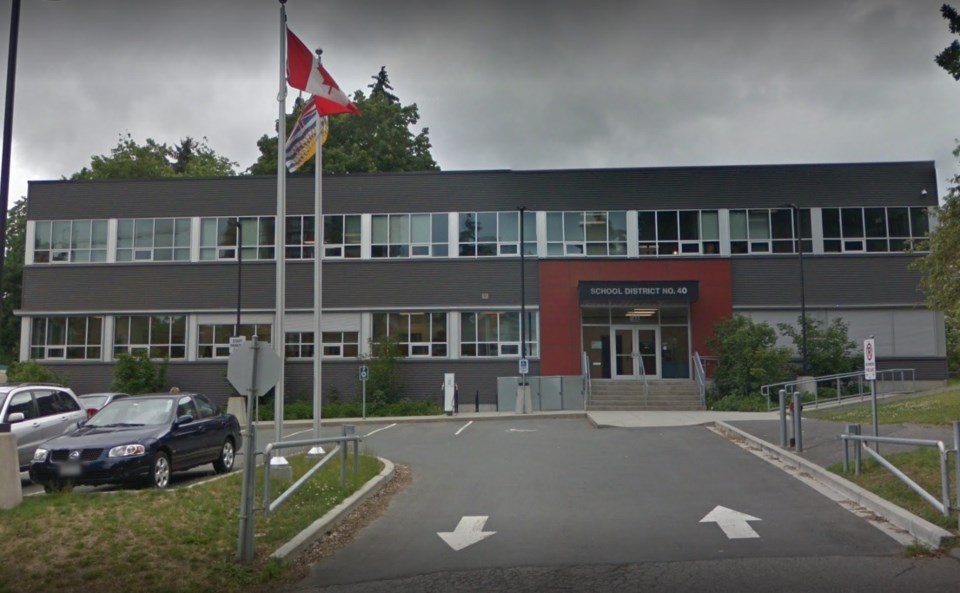The New Westminster school board will be calling on the Ministry of Education to let school districts test out the upcoming funding model before implementing it in full.
That, according to Trustee Danielle Connelly, who pushed the motion at a recent school board meeting, would allow districts to give more fully informed feedback to the province on how well the funding model works.
Over the past couple of years, the B.C. government has been reviewing the K-12 education funding model, the first comprehensive overhaul in roughly three decades. Much of the process has been done by an independent panel, which released its final report last December.
The new funding model is expected to be in place for the 2020/21 school year, but Connelly said the government should give districts a chance to test the model before cementing it in place.
“There seems to be more questions than there are answers at this point with regards to what impacts the new funding model might have,” Connelly said. “It’s a hard position to be in, and we’re just looking for some clarity and direction.”
One of the challenges, Connelly said, is that the district also has several major capital projects on the go.
Although those come from a different fund – the funding model will affect operational funds, not capital funds – Connelly said it just adds another challenge to an already unusually large number of pressures on the finance department.
Connelly, the school board’s liaison to the metro branch of the B.C. School Trustees Association, said the idea to ask for an initial pilot came from the regional BCSTA branch. That group has put the matter to an urgent vote among the provincial BCSTA council to decide how to proceed.
It’s not exactly clear how a pilot of the funding model would work. Connelly said it could mean allowing school financiers around the province to build parallel budgets to compare the old and new models, or it could mean using the funding model for a year and getting feedback to redraft the model for the next year.
“It could very likely impact each district differently,” Connelly said, adding the hope is that no district will lose funding from the new model. “It’s more asking for more information. We’re coming into, getting closer to when we start making some decisions about our budget.”
Asked whether testing out the funding model would mean pushing the full implementation back a year, Connelly was similarly unclear.
“That’s kind of the crux of the whole piece here is that there’s just more questions than there are answers right now,” Connelly said. “It’s going to be a challenge putting our budgets together this year.”



